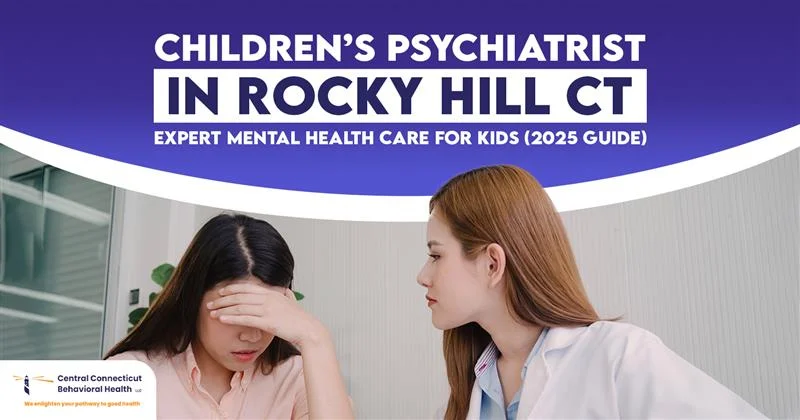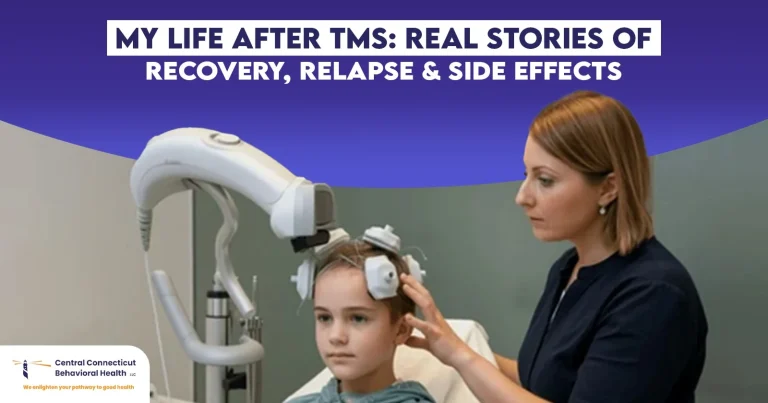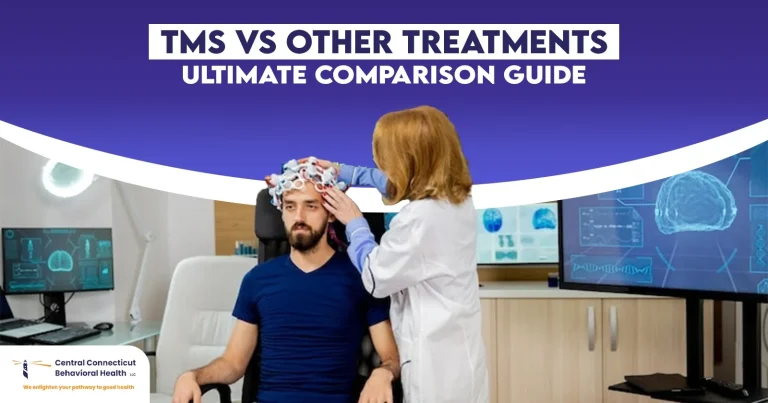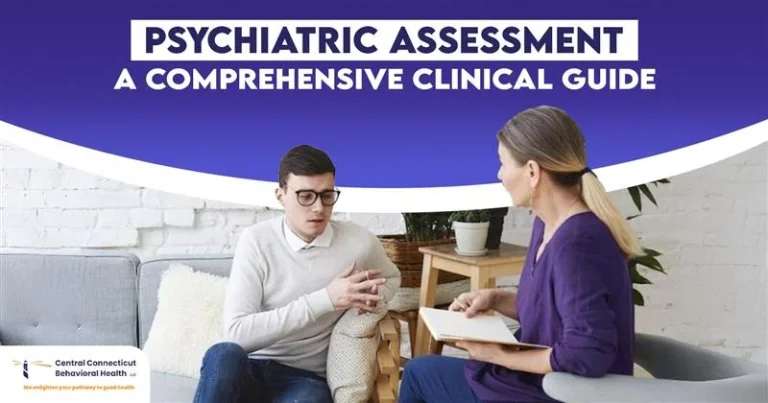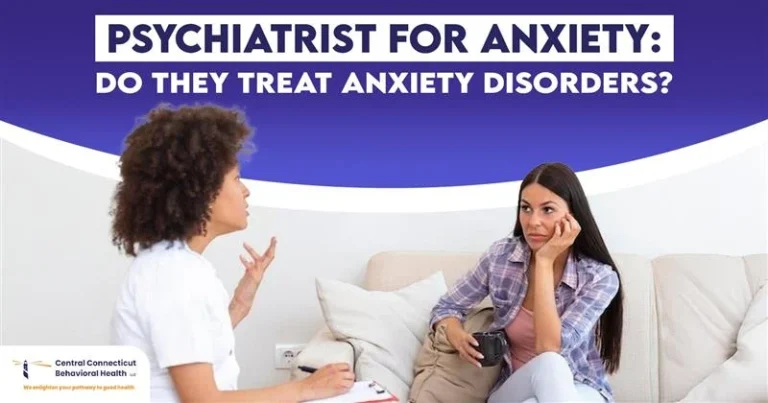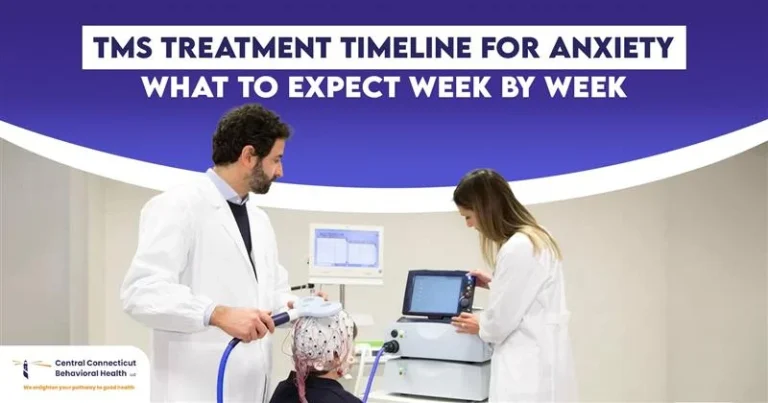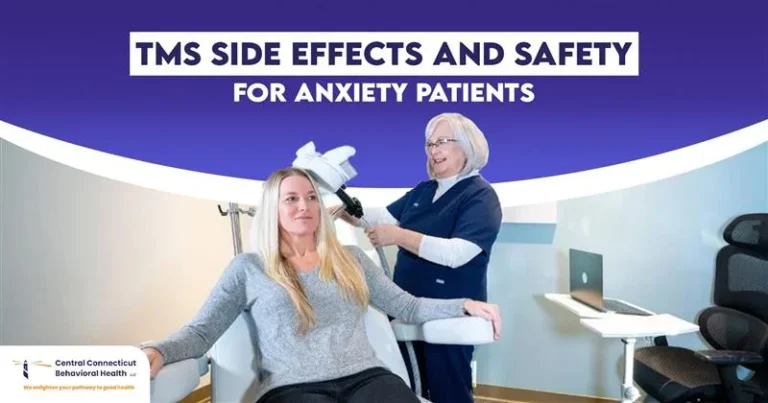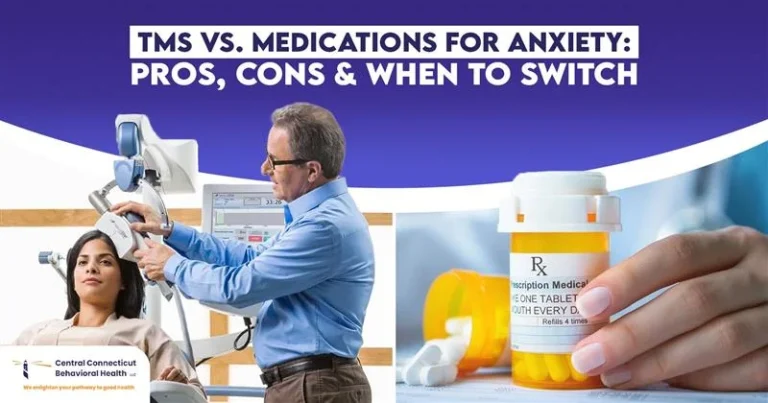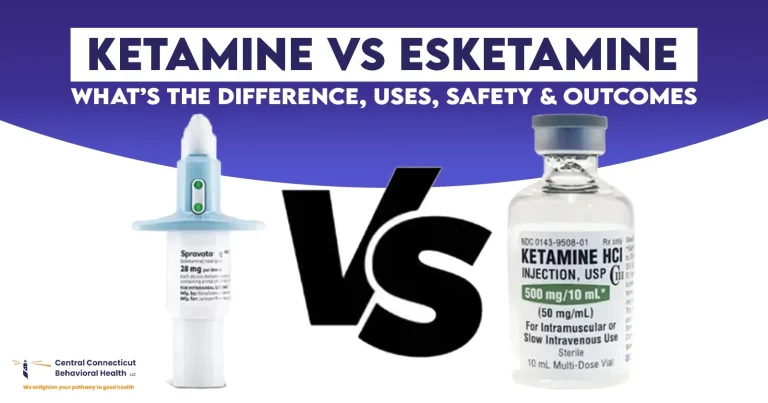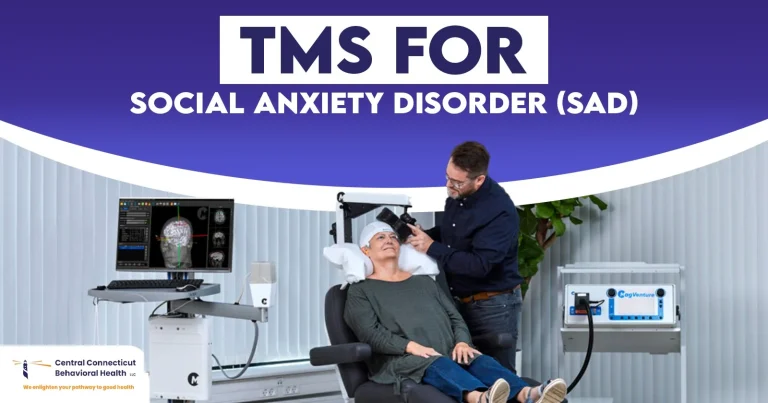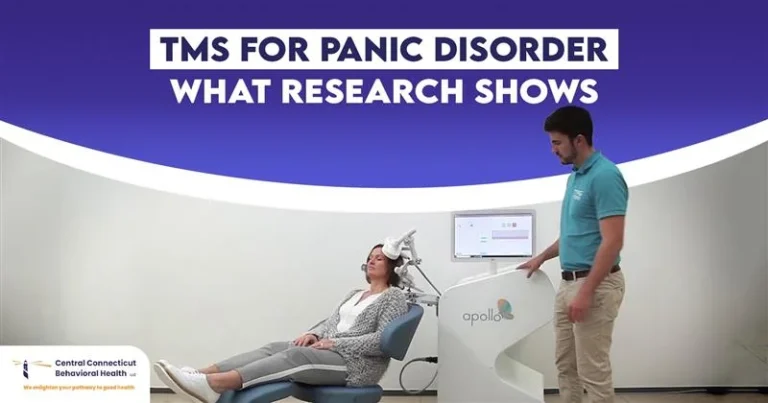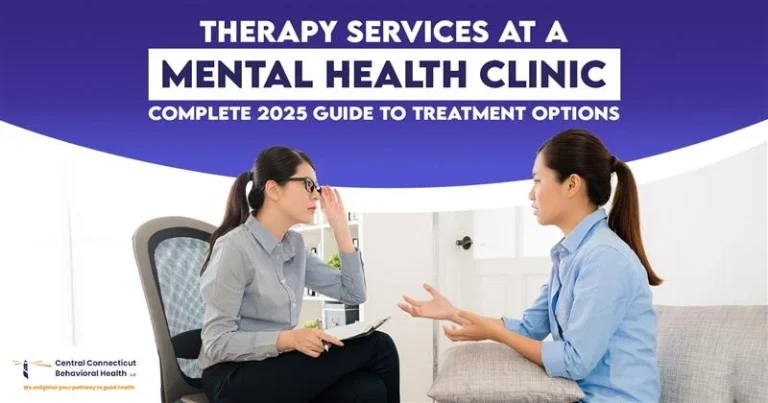Mental health is as significant as physical health, and with early intervention on mental health conditions, it will be easier to have a better future. In the case of parents living in Rocky Hill, CT, the initial step towards the child’s mental health is to find an experienced Child psychiatrist.
With this guide, we shall more greatly explore the qualifications of a child psychiatrist, some of the treatment alternatives that exist, and the advantages of employing professional mental health care on behalf of your child. Be it that your child is facing behavioral problems, emotional problems, or is having mental health problems.
Similarly, a qualified psychiatrist can provide a personalized solution to his or her problem, to deliver the most results for the future of your child.
What Does a Child Psychiatrist Do?
A child psychiatrist refers to a psychiatrist who treats and diagnoses mental disorders in children and adolescents. Psychiatrists can prescribe medicine to help in treating various disorders as anxiety, depression, ADHD, and mood disorders, unlike a child psychologist whose main aim is to offer therapy.
The availability of a Children’s psychiatrist in Rocky Hill CT, is important in deciding the signs of mental health issues, emotional needs of children, and developing a comprehensive treatment program that may include a mix of medication, therapy, or both.
Signs Your Child Might Need a Psychiatrist
It may be difficult to identify a time when a child requires psychiatric assistance, but it has clear indications. The following are some of the behaviors that can indicate a struggling child emotionally:
- Behavior changes: a warning can be a behavior change, e.,g. outbursts of violent behavior, shy behavior, or school problems.
- Lack of concentration: It can be a side effect of a mental condition, as one may fail to concentrate his/her attention or may be easily distracted.
- Physical symptoms: The emotional distress can be correlated with regular headaches, stomachache, or any other physical pain that does not have any apparent medical explanation.
- Social withdrawal: You should seek help in case your child isolates himself/herself or in case he/she does not wish to do anything that he/she had done earlier.
Children’s Psychiatrist in Rocky Hill CT: Why Choose Local Care?
A nearby Child psychiatrist poses a number of benefits. Local care is accessible, treatment continuity, and knowing more about the resources available to your community. The Child psychiatrists of Rocky Hill are also familiar with the special needs of children in Connecticut, and this will aid those psychiatrists to adjust their treatment accordingly.
Central Connecticut Behavioral Health is also reported to render some specialized care whose main focus should be early intervention and a safe and relaxed environment for children. You can also consider using a local practice because by doing so, you are able to build a rapport with your child’s psychiatrist, and thus their care would be uniform.
Medication vs Therapy for Children: What’s the Right Approach?
Treatment of mental health conditions among children through medication and therapy can be beneficial, and the specific one to be employed depends on the needs of the child.
- Cognitive Behavioral Therapy (CBT) is one of the earliest forms of treatment for children with anxiety, depression, or any other behavioral issues. It teaches the children how to manage and understand their emotions. One can also include family therapy to assist the child at home.
- Medication: Medication is sometimes necessary to reduce the symptoms, especially where the problem is like ADHD or severe depression. The Children’s psychiatrist in Rocky Hill CT, are adequately trained to determine under which circumstances the use of medication can be helpful and the efficiency of that medication.
Child Psychiatrist vs Child Psychologist: What’s the Difference?
Despite being helpful to child patients with emotional and behavioral issues, both child psychiatrists and child psychologists would differ in the following areas:
- Child Psychiatrist: It is a medical profession (MD or DO) member and is allowed to prescribe medication. They are keen on determining mental health issues and mental health diagnoses, biological determinants, and therapy, including pharmacotherapy, and both.
- A psychologist is a specialist in the field of psychology that is the doctoral level. They are not allowed to prescribe any medicine.
How to Choose the Right Child Psychiatrist
Misguided choices of the right Child psychiatrist in your family may be easily made, and it is essential to locate a good one. Here are some tips to help:
- Compare their treatment of the children: Every psychiatrist has his or her philosophy of treating children. One of them may be very medication-focused, and the other therapy-focused. Make sure that their style conforms to what you like.
- Evaluate their communication: a good psychiatrist should be easy to talk to, empathic, and be in a position to explain what he/she is saying. The reason is that you and your child are to feel free to discuss sensitive issues with them.
- Receive suggestions: Receive suggestions with other parents, school counselors, or pediatricians. The society has its trusted individuals where the mouth can talk.
The Role of Family Therapy in Child Psychiatry
Family therapy is an inherent aspect of child psychiatry. Family dynamics are a significant issue that has a profound influence on the mental health of a child in most situations. Family therapy can be suggested to a psychiatrist in order to enhance communication, conflict resolution, and build a more positive home environment. The mental health of the child will be holistically taken care of since parents and siblings are involved, making sure that the child will get better within the family life setting.
Questions to Ask a Child Psychiatrist
Some of the key questions that you can ask before choosing a specific psychiatrist would include:
- How do you treat them?
- What is your approach to engaging parents during the treatment?
- What can I expect in the first appointment for my child?
- What is your method of tracking the progress of treatment?
- What should I do when I realize that I have side effects of the medicines?
End Note
It may be life-changing when it comes to the mental health of your child to find the right child psychologist in Rocky Hill, CT. Taking into account the role of a child psychiatrist, knowing what signs might raise the family concern and posing appropriate questions, you will be able to be sure your child will get the best job possible. It may be drug treatment, therapy, or a mix of both, but early intervention is what should make your child successful in their emotional and psychological growth. Act now- in case you feel your child is not doing fine, contact a local specialist at Central Connecticut Behavioral Health and ask.
FAQs about Child Psychiatrist
Where is the nearest child psychiatrist in Rocky Hill, CT?
You can search online to locate a child psychiatrist in your locality or request your pediatrician or other health specialists in the area to recommend one to you. Alternatively, you may look on the Internet for directories of Connecticut Behavioral Health professionals to find people who specialize in Rocky Hill.
When do I need a psychiatrist with my child?
When your child is diagnosed with mood swings that are constantly sad, anxious, or his/her behavior changes, or is unable to operate in both home and school, it is time to see a child psychiatrist. Early intervention can be a key to a good life for your child.
Are child psychiatry and child psychology different?
A combination of drugs and therapy enables a child psychiatrist to prescribe drugs and treat mental disorders. However, a child psychologist lives on the prospects of providing children with therapy, such as cognitive-behavioral therapy, so that they can manage their emotions and actions.
How can therapy help my child?
Therapy teaches the children to control their emotions, experience challenging situations, and form positive behavioral patterns. It would be able to enhance their communication and make children realize their emotions in a safe space.


